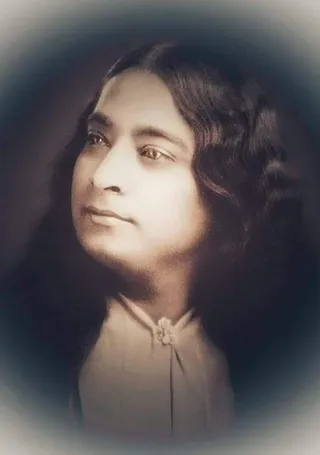
Mark 14:36
The truth of the facts of Jesus' crucifixion and resurrection are less important to us than the example his heroic choice offers to us. It's generally not the big decisions that move us upward or downward, spiritually. It's the day-to-day, seemingly inconsequential choices, that determine the direction of our path to soul freedom. The allegory of Adam and Eve exists to shed light on what is the most important choice, and indeed, perhaps the only real choice we are given. We can seek to do what is right and in alignment with God's will (our dharma), or we can decide to do it "our way." All other day-to-day decisions like the Easter bonnet or the designer shirt you are wearing are the consequence of external influences and the complex matrix of past choices made under such influences including that of the demands of ego and body. Christianity has focused its devotion and narrative upon the crucifixion rather than the resurrection. That focus is natural to the ego which is more concerned with what it is asked to give up rather than the more important reasons for doing so. The truth-aspiring ego must step-by-step accept God's presence and guidance. In doing so it prepares itself for the final act of self-offering that God will ask of it: its own crucifixion. Like the great and noble Prince and warrior Bhishma in the Indian epic of the Mahabharata, only the ego can consent to die and to surrender to the redeeming power of grace. God does not impose salvation upon us.
The lesson of the resurrection is erroneously seen by some to be a promise of regaining one's human body after death. No! The lesson is the victory of Spirit (and the soul, made in the image of God) over all matter, even death.
As we say each week in the Ananda Festival of Light ceremony: “and whereas in the past suffering was the coin of man’s redemption, for us now the payment has been exchanged for calm acceptance and joy. Thus may we understand that pain is the fruit of self-love, whereas joy is the fruit of love for God.” As the medieval saint—St Francis de Sales said: “A sad saint is a sad saint indeed!” This represents a new understanding of how and why to seek God because suffering no longer inspires truth-seeking souls. The joy of seeking God, however, DOES!
The resurrection proclaims to us the inevitability of our soul’s freedom in God. Our choice is whether to accelerate the timing of that victory or to delay it. That is all. There is no time in eternity and we are as old as God. God will wait forever if need be but eventually our soul’s memory of bliss and freedom in God will awaken to the “anguishing monotony of endless rounds of birth, life and death” and will, like the prodigal son of Jesus’ parable, begin the journey back to its home in God.Happy Easter, friends!Swami Hrimananda



